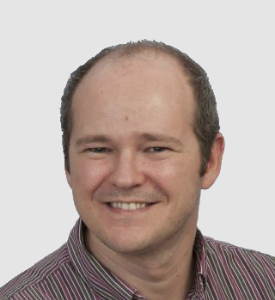Utilizamos cookies propias y de terceros para mejorar nuestros servicios y mostrarte publicidad relacionada con tus preferencias mediante el análisis de tus hábitos de navegación. Para más información consulta nuestra Política de Cookies
Michael Seed
Cardiac Radiologist Diagnostic Imaging
SickKids Toronto
Cardiac Radiologist, Diagnostic Imaging, Associate Professor University of Toronto

Michael Seed
Cardiac Radiologist Diagnostic Imaging
SickKids Toronto
Cardiac Radiologist, Diagnostic Imaging, Associate Professor University of Toronto
Experiencia docente
Mike Seed did his medical training in the United Kingdom and undertook specialist training in paediatrics and radiology in Newcastle and Leeds before coming to SickKids to join the fellowship programs in paediatric cardiac imaging and paediatric cardiology.
Actividad relacionada
Fetal Cardiologist, Fetal Cardiac Program
Cardiac Radiologist, Diagnostic Imaging, Associate Professor University of Toronto
Investigación
The focus of Seed’s research has been imaging the fetal circulation with magnetic resonance imaging. Human fetal circulatory physiology has previously been difficult to study comprehensively, but is implicated in the development of the fetal pulmonary circulation and brain. Disorders of the fetal circulation due to congenital heart disease and placental insufficiency are associated with adverse neurodevelopmental outcomes and pulmonary vascular disease.
The use of advanced imaging technology to characterize fetal hemodynamics offers great potential to understand the mechanisms and timing of brain and lung injury in high-risk fetuses. Dr. Seed and his collaborators aim to use this approach to inform the design and implementation of new strategies to prevent or minimize fetal brain and lung injury and improve subsequent neurodevelopmental and clinical outcomes. They use phase contrast MRI and MR oximetry to study blood flow and oxygen delivery to fetal organs in the normal fetal circulation and in placental and congenital heart disease.
The hope is that combining these powerful new techniques with fetal echocardiography and advanced neonatal brain imaging techniques a new system can be implemented for monitoring at-risk pregnancies and evaluating new fetal interventions.

